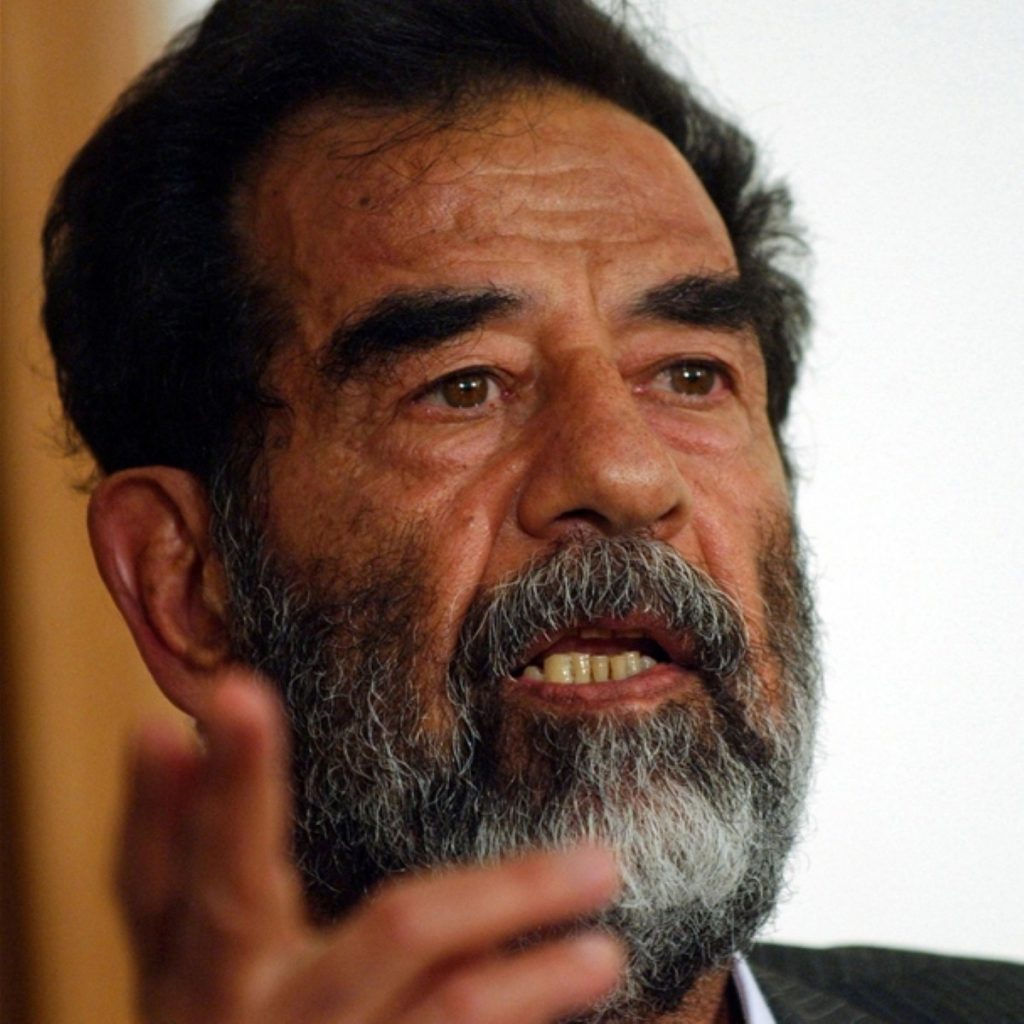Echoes of Iraq: Preparing for the aftermath
By Ian Dunt Follow @IanDunt
Thoughts are increasingly turning to how to prevent internal disorder in Libya, as the end of the conflict loomed into view.
With cheering crowds celebrating in the newly-named Martyrs' Square and Colonel Gaddafi's regime falling apart, a National Security Council meeting was arranged in London to coordinate the response to events on the ground.
With Washington taking a back seat through the campaign, the pressure is on London and Paris to prevent any recurrence of events in Iraq, when the overthrow of Saddam Hussein prompted bloodshed on a horrific scale.
Inter-ethnic, religious or tribal violence is a common feature of countries where a long-running dictatorship is brought down, as competing allegiances which have been kept under control for generations often boil over.
"The first and most important thing is to make sure civil order is preserved, that there's food and power, all the things that people need to make sure their daily lives go on," Alistair Burt, Foreign Office minister, told the Today programme.
Mr Burt insisted that the National Transitional Council (NTC) – the rebel group now widely recognised as official government of Libya by several influential countries, including the UK – has a solid track record of maintaining order after taking control of a territory.
"The evidence of what's happening in other cities would suggest that when the National Transitional Council has been in charge instead of the Gaddafi regime, things have worked perfectly well, perfectly smoothly – no major reprisals against those who previously had been supporting the regime," Mr Burt said.
"For those of us who live with freedom every day, I think it's difficult for us to understand how it must feel for people who have not felt that for more than a generation and now feel in control of their own country."
Shadow foreign secretary Douglas Alexander warned that plans needed to be clear and international in nature.
"Our learning from past conflicts shows us that security in the hours and days ahead is going to be absolutely fundamental," he said.
"If it were to descend into looting and tribal conflict then it is a far more difficult circumstance in which to get control back.
"It's important there is clarity emerging from the [UK] government as to what support it is prepared to offer, through the United Nations, through the European Union, working closely with the Arab League."
The rebel army has promised to guarantee Gaddafi's safety after he is captured, which seems all-but inevitable now that his power base has disintegrated so spectacularly.
Mustafa Abdel Jalil, chairman of the (NTC), called on residents of Tripoli to "avoid “retaliation against some who have been close”.
“We hope that nobody would do justice themselves” he said during a TV address from Quatar, adding that “a public body for reconciliation and correcting the injustices” had been established.
British diplomats have drawn up a five-point plan for consolidating Libya in the wake of the fighting, with proposals on kick-starting the economy and rebuilding infrastructure.
A key factor is the provision to establish a political settlement between the rebel authority and the remnants of Gaddafi's regime.
One of the most-widely accepted failures of post-invasion Iraq was the US decision to disband the army and police force, leaving most without a salary and leaving them to the advances of extremists.





-01.png)